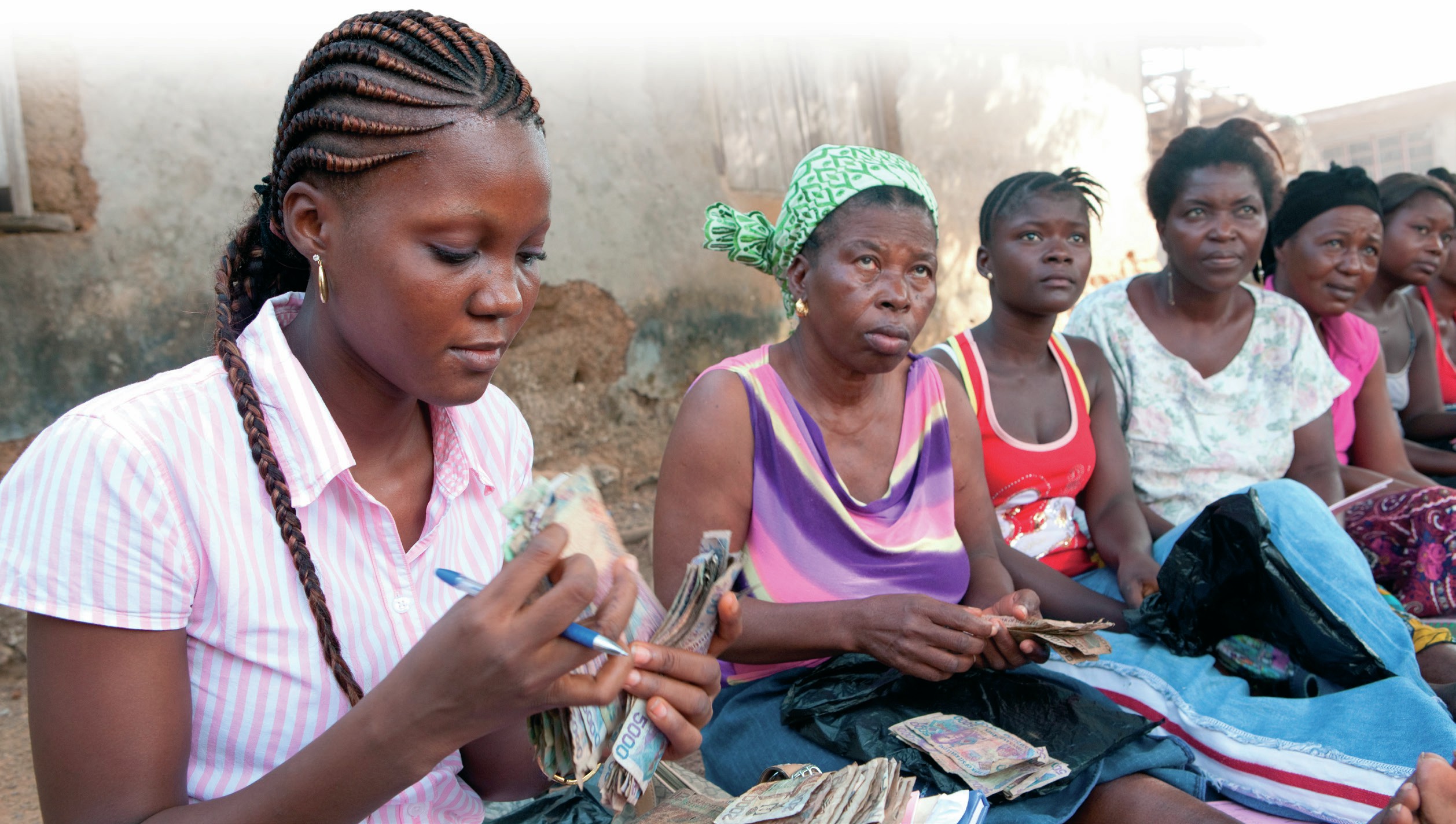
Imagine that you are the government of a low-income country. You have a budget to spend, but how should you spend it? You could subsidise loans to lowincome women, or perhaps give financial incentives to parents to send their children to school. But maybe it would be better to do something completely different and build a new road instead?
Let’s assume you want to change lives for the better. Spending money in itself can only get you so far. The real question is how to spend it. And this question can only be answered through rigorous evaluation of the impacts of policy which informs an honest political debate on how public money should be spent.
Your organisation does not have access to this article.
Sign up today to give your students the edge they need to achieve their best grades with subject expertise
Subscribe




